
BUN/Creatinine Ratio Test
About BUN/ Creatinine ratio test
Blood urea nitrogen (BUN) and creatinine are nitrogenous metabolic end products that are filtered by the kidneys and eliminated in the urine. A BUN/Creatinine ratio test measures the level of BUN/Creatinine in the blood. This test helps in the diagnosis of acute or chronic renal (kidney) disease or injury. It can also be used to identify gastrointestinal injuries or haemorrhages. Healthcare providers use BUN/creatinine ratio tests to determine renal function and monitor various health problems.
What is a BUN/Creatinine ratio test used for?
BUN/Creatinine ratio test is used in the diagnosis of
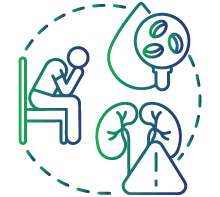
Acute/ Chronic kidney diseases

Diabetes
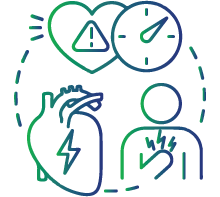
High blood pressure

Heart disease

Liver damage

Malnutrition

Urinary tract obstruction
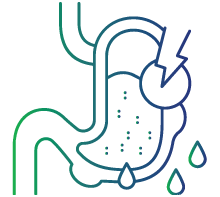
Gastrointestinal bleeding
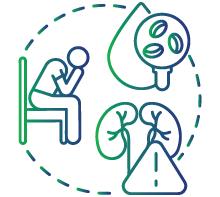
Family history of kidney disease
Who should get tested?
A BUN/Creatinine test is recommended to be performed frequently for individuals with the following symptoms and risk factors
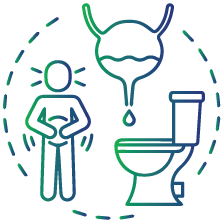
Having increased or decreased urinary frequency (pee)
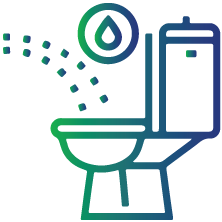
Blood in urine

Itching

Fatigue
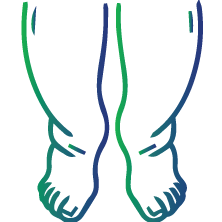
Swelling in your legs

Muscle cramps

Difficulty in sleeping

Loss of appetite
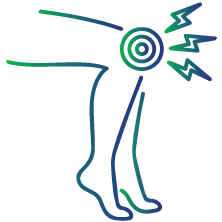
Joint or bone pain

Irregular heartbeat
Test Preparation
A BUN/Creatinine ratio test often requires no extra preparation. However, in some cases, you might need to fast (not eat or drink) for a few hours prior to the test if your doctor has requested further testing on your blood sample. Make sure to follow the specific instructions given by your healthcare provider.
Interpretation of the results
BUN: Cr – Normal Range
|
Location of kidney |
Normal range (mg/dL) |
|
Pre-renal |
>20:1 |
|
Normal or post-renal |
10-20:1 |
|
Renal |
<10:1 |
Deviation from normal levels indicates the following:
· BUN/Creatinine ratio test is used by healthcare providers to help diagnose and monitor various causes of kidney diseases and the risk of various metabolic diseases like diabetes, liver damage, and high blood pressure.
· The normal range for BUN/Creatinine ratio usually varies between 10– 20 mg/dL.
· Higher-than-normal levels of BUN/Creatinine ratio may be due to underlying disease conditions like:
o Dehydration
o Gut bleeding
o Hyperthyroidism
o Congestive heart failure
o Kidney disease
o Steroid therapy
· Lower-than-normal levels of BUN/Creatinine ratio may be due to the following conditions:
o Low protein intake
o Advanced liver disease
o Sickle cell anaemia
o Hypothyroidism
o Rhabdomyolysis
Kidney damage and kidney failure
FAQs
What is the significance of the BUN/Creatinine ratio test?
The BUN/Creatinine ratio test determines the level of blood urea and creatinine that is produced in your body. The screening, monitoring, diagnosis, and follow-up of kidney diseases as well as other medical conditions can all be done with a BUN/Creatinine ratio blood test.
What are the risks associated with the BUN/creatinine ratio test?
There are no known risks. During a blood test, one may experience minor pain or bruising where the needle was inserted, but most symptoms will subside quickly.
What happens during the BUN/Creatinine ratio test?
During this blood test, a healthcare professional will take a small amount of blood sample from a vein in your arm, using a small needle, which is collected into a test tube or vial. This usually takes less than a few minutes.
What factors might affect my BUN/Creatinine ratio test results?
Factors like a diet rich in protein, using steroids, dehydration, wounds due to burns, and aging may affect your BUN and creatinine levels. Even if your kidneys are functioning normally, your BUN levels may increase for a variety of reasons. So, it is recommended that you consult your healthcare provider before getting a BUN/Creatinine ratio test.
How can I lower my BUN and creatinine ratio?
By eliminating specific supplements, drugs, and other substances, like cigarettes, you may be able to lower your creatinine levels and support renal health. Talk to your healthcare provider for further information.

